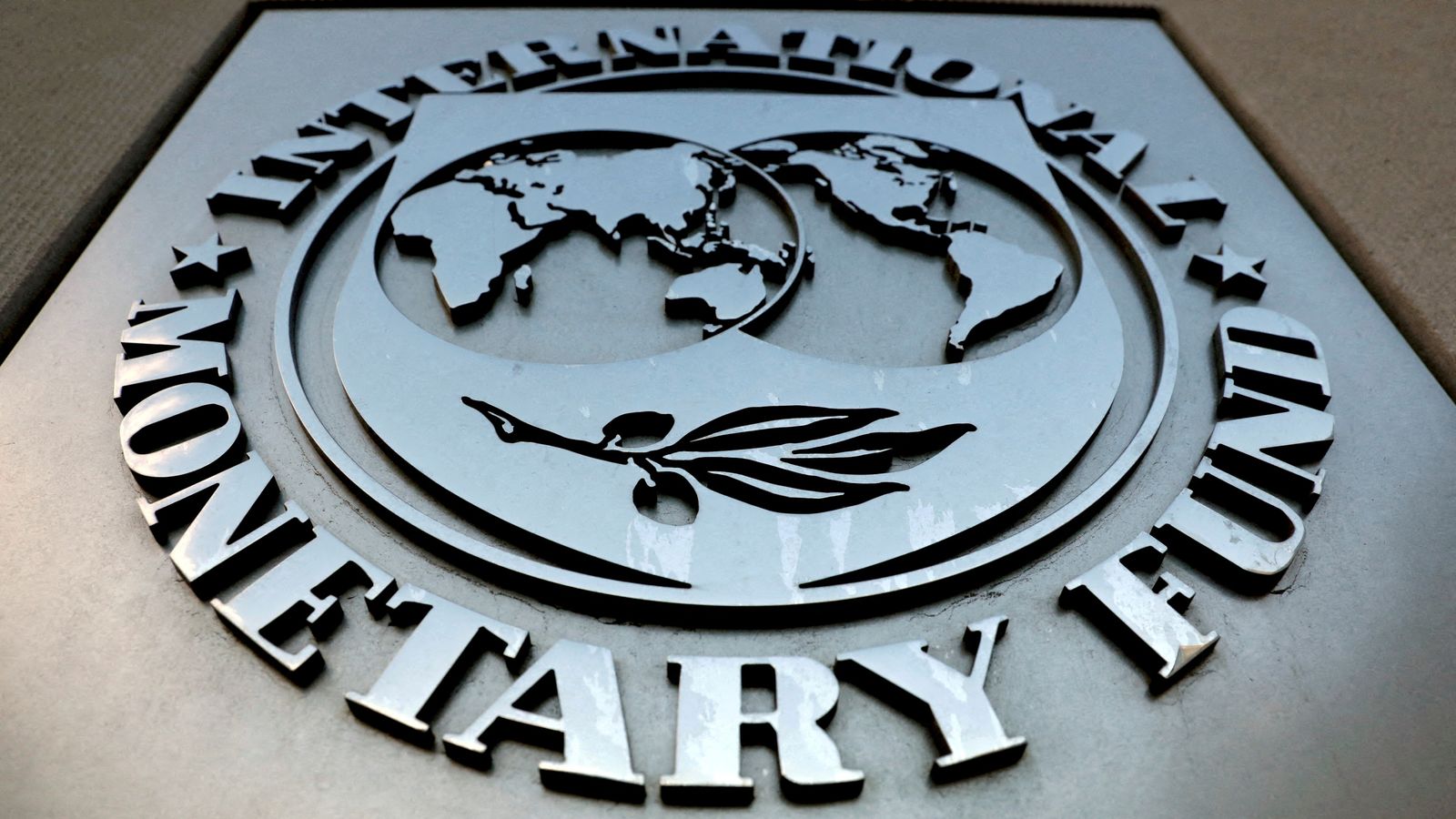
Nurses have rejected the government’s offer of a 5.5% pay rise, the Royal College of Nursing (RCN) has said.
Two-thirds of RCN members in England voted against the current year’s pay award, with a record high 145,000 members of the union casting a vote.
In a letter to Health Secretary Wes Streeting, RCN general secretary Professor Nicola Ranger said: “We are witnessing a fundamental shift in the determination of nursing staff to stand up for themselves, their patients and the NHS they believe in.
Follow politics latest:
Updates from Labour conference
“Many will support the new government’s health and care agenda as set out in recent weeks and fully recognise the diagnosis of a failing NHS. Working closely with all other professionals, nursing staff are the lifeblood of the service. The government will find our continued support for the reforms key to their success.”
Professor Ranger added: “To raise standards and reform the NHS, you need safe numbers and they need to feel valued. Nursing staff were asked to consider if, after more than a decade of neglect, they thought the pay award was a fair start.
“This outcome shows their expectations of government are far higher.”
Nurses are worried, she said, about “understaffed shifts, poor patient care, and nursing careers trapped at the lowest pay grades”.
Responding to the announcement, Mr Streeting said in a statement Labour understood what nurses have been through in recent years “and how hard it is” at the moment.
“For the first time in a long time, nurses have got a government on their side,” he said, promising to work with them “to take the NHS from the worst crisis in its history” and “get it back on its feet”.
👉 Tap here to follow Politics at Jack and Sam’s wherever you get your podcasts 👈
Culture Secretary Lisa Nandy told Sky News Labour have given public sector workers “a real-terms pay rise for the first time in a long time”.
She said they deserve it and it’s good for the economy, as “every pound you put into the pockets of working people goes back onto our high streets and helps local economies to thrive”.
But shadow health secretary Victoria Atkins said in a statement the government should have expected this reaction from nurses after it awarded junior doctors “an inflation-busting pay rise”.
Ms Atkins criticised the chancellor and health secretary for not realising their “short-term decisions have long-term consequences”.
“In under three months,” she added, ministers “stopped new hospitals being built, scrapped NHS productivity improvements, overseen GPs entering industrial action, been exposed in a health cronyism scandal” and have “now opened a dispute with hundreds of thousands of nurses and midwives”.
She urged Mr Streeting to “step away from press releases and explain what plans he has to reach an agreement with nurses, midwives and other healthcare staff”, warning that what was needed was “action now, not words about the past”, referring to Labour’s frequent criticism of the Tories for leaving the NHS in a poor state.
The pay now rejected award to nurses was announced by Chancellor Rachel Reeves at the end of July, shortly after Labour won the general election.
The RCN said the high turnout surpassed the level seen in two statutory ballots for industrial action held by the union in 2022 and 2023, the first of which permitted six months of strike action by nursing staff.
Read more:
Chancellor promises investment
Labour must explain fuzzy policy detail to move on from row
Starmer should publicly fire source of Sue Gray leaks
Last week, junior doctors voted to accept a multi-year pay rise to end their long-running dispute.
Members of other health unions have accepted the 5.5% pay deal, which is for 2024/25.











